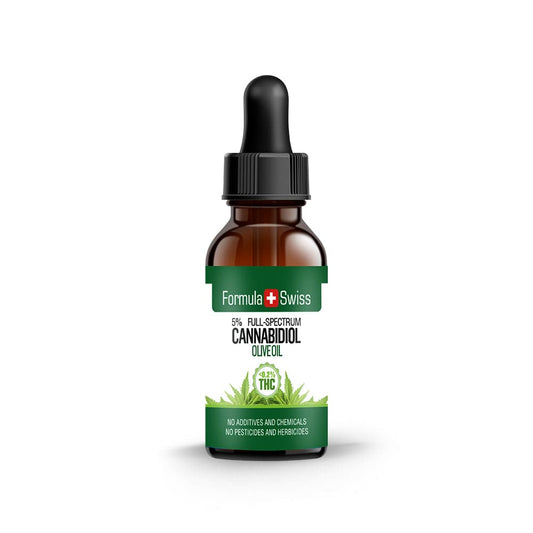The landscape of agriculture and farming is undergoing a transformative shift with the introduction of hemp into animal feed. The FDA-Center for Veterinary Medicine (FDA-CVM), a pivotal body ensuring the safety and efficacy of animal drugs and feeds, has tentatively recommended hemp seed meal for hens. This recommendation is not just a nod to the safety of hemp seed but also to its numerous benefits for hens and the quality of eggs they produce.
The Hemp Feed Coalition's Milestone
The Hemp Feed Coalition (HFC), a nonprofit dedicated to securing federal approval for hemp grain products in animal feed, has heralded this development as a "landmark achievement." The tentative approval of Hemp Seed Meal (HSM) for Laying Hens was announced at the Association of American Feed Control Officials (AAFCO) 2024 Mid-Year Meeting. Andrew Bish, HFC President and COO of Bish Enterprises, emphasized the agricultural advancement hemp's inclusion in animal feed represents, highlighting the opportunities for farmers to diversify and develop more sustainable supply chains.
Nutritional Benefits of Hemp Seed Meal
Hemp seeds are renowned for their rich nutritional profile, including essential vitamins, minerals, healthy oils, and a high-quality protein profile comparable to soy and canola. Research has now confirmed that hemp-fed hens produce eggs enriched with essential fatty acids such as ALA, DHA, and GLA, along with increased amounts of Lutein, all of which are known to promote better human health. The FDA-CVM's rigorous evaluation has validated the safety of HSM, assuring formulators and feed mills of its viability as a protein and fat source.
The Journey to Approval
The path to this tentative approval has been cautious, given the strict federal stance on medical claims related to hemp products, including those intended for animals. This milestone, over three years in the making, will allow processors to include HSM in the diets of egg-laying hens, marking a significant step forward in the integration of hemp into mainstream agriculture.
Hemp's Agricultural Benefits
Hemp offers numerous advantages to the agricultural sector, including benefits to soil health, disease control, and farm flexibility. Its lower input needs compared to traditional crops make it a more sustainable choice, contributing to a more resilient supply chain.
State-Level Hemp Seed Feed Initiatives
While the federal landscape is evolving, state-level initiatives have seen mixed success. In New York, for example, bills allowing hemp seeds in animal feed for pets, horses, and camelids were vetoed by Governor Kathy Hochul, citing a lack of information on the use of industrial hemp in this manner. This highlights the regulatory complexities and the need for continued research and advocacy to fully integrate hemp into animal feed.
The tentative federal approval of hemp seed meal for hens represents a pivotal moment in the intersection of agriculture, sustainability, and nutrition. As the regulatory environment continues to evolve, the potential for hemp to revolutionize animal feed and, by extension, agricultural practices, becomes increasingly apparent. This development not only underscores the nutritional benefits of hemp but also its role in fostering a more sustainable and diversified agricultural landscape.
- Tentative FDA-CVM approval marks a significant step for hemp in agriculture.
- Hemp Seed Meal offers comparable nutritional value to traditional feeds.
- Approval process highlights the need for continued advocacy and research.
The integration of hemp into animal feed is a testament to the crop's versatility and the broader shift towards sustainable agricultural practices. As hemp seed meal moves closer to federal approval for use in hen feed, the future of farming looks greener and more promising than ever.







